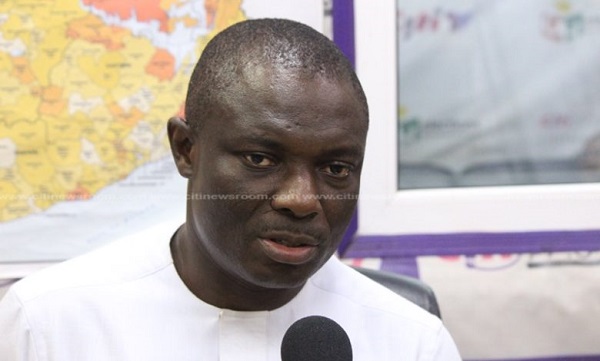PARLIAMENT has passed the Fees and Charges (Miscellaneous Provisions) Bill, 2022, which seeks to regularise the fees being charged by some public service institutions.
The bill is also expected to review existing fees, impose new ones and provide for an annual adjustment of fees and charges levied by ministries, departments and agencies (MDAs) in line with prevailing economic conditions.
Among other things, it will also establish a single schedule of all fees and charges for the delivery of good and services rendered by the MDAs to the public.
This forms part of the revenue measures outlined in the Budget Statement and Economic Policy of the government for the 2022 financial year.
The proposed adjustments of some of the fees and charges are expected to contribute significantly to meeting the revenue targets outlined in the budget for the 2022 fiscal year.
Background
In 2018, Parliament passed the Fees and Charges (Miscellaneous Provisions) Act, 2018 (Act 983) which transferred the authority to determine fees and charges under an enactment to the minister responsible for finance.
Act 983 also mandates MDAs to conduct an annual review of the administrative efficiency of collection, the accuracy of past estimates and the relevance of fees and charges to current economic conditions.
Additionally, the Public Financial Management Regulation, 2019(L.I 2378) directs a Principal Spending Officer responsible for collecting various types of fees and charges to conduct an annual review of the administrative efficiency of past estimates and the relevance of rates, fees and charges and submit proposals through the minister responsible for finance to Parliament for approval.
The two enactments, therefore, mandate MDAs to adjust on a regular basis fees and charges collected for the delivery of goods and services to the public to keep pace with the current economic trends.
This new bill is to ensure a regular review of the fees and charges levied by the MDA, avoid a steep increase arising from long periods without review, bridge the growing gap between the cost of service delivery and approved fees and simplify the process for review of fees and charges to a single submission to Parliament as part of the annual budget.
Observation
Per a report submitted on the bill, the Chairman of the Finance Committee, Kwaku Kwarteng, said the committee noted during its deliberations that a number of government agencies and institutions responsible for the collection of non-tax revenues on behalf of the government failed to lodge revenues collected in gross in contravention of Section 46 of the Public Financial Management Act, 2016 (Act 921).
The report said many of the subvented agencies either retained part or paid the entire revenues collected directly into their operational accounts from which disbursements were made.
Again, some institutions also collect revenues on the table or over the counter after which it is lodged into their operational accounts and disbursed directly in contravention of the Public Financial Management Act, 2016. The committee noted with concern that the practice does not give the Minister of Finance a complete or comprehensive view of the total revenue (non-tax) generated by all state agencies in each fiscal year,” he said.
Additionally, the practice could expose public funds to abuse and embezzlement by collecting officers, the committee observed.
The committee, therefore, recommends that the Ministry of Finance should take immediate steps to ensure that all institutions captured in the Second Schedule of the bill collect their revenues through a designated commercial bank or through the Ghana.gov platform from which the funds collected are transferred in gross into the respective holding accounts at Bank of Ghana,” the report said.

